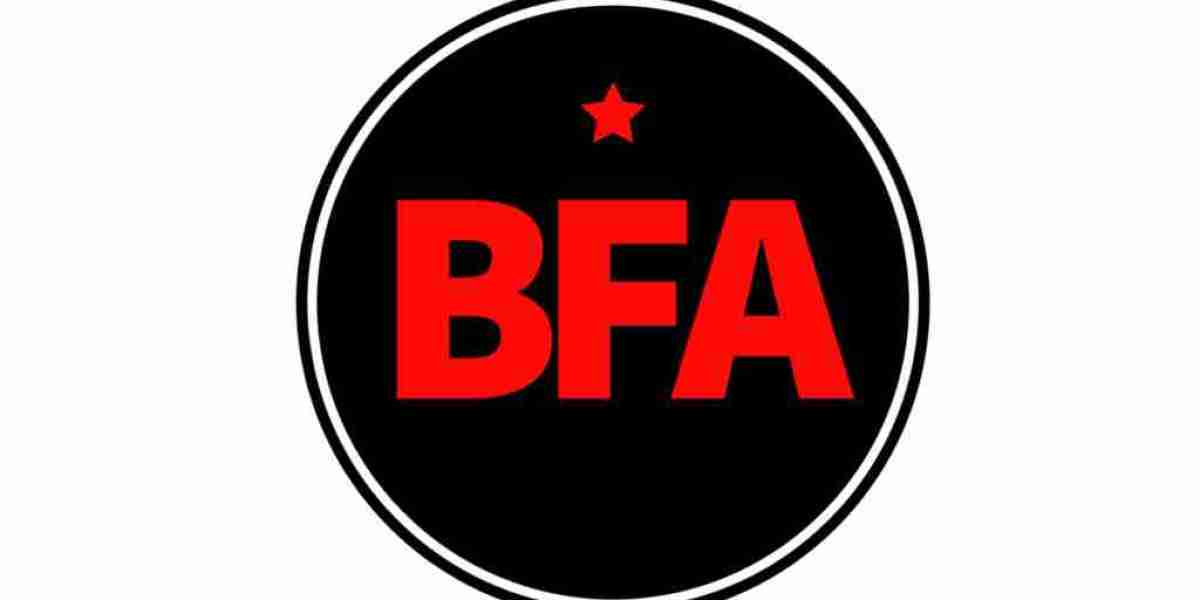Managing finances is one of the most crucial yet complex tasks for any business. As companies scale and expand into new markets, they often struggle with outdated accounting tools, disconnected systems, and increasing compliance requirements. This is where SAP accounting and bookkeeping services come in as a smart, future-ready solution.
In this blog, we’ll explain what SAP accounting and bookkeeping services are, how they work, why they’re gaining traction in 2025, and how they can transform your financial operations.
What Is SAP?
SAP (Systems, Applications, and Products in Data Processing) is one of the world’s leading ERP (Enterprise Resource Planning) platforms. It helps businesses manage core operations, including finance, HR, logistics, procurement, and sales—all in one unified system.
When it comes to financial management, SAP offers dedicated modules like:
SAP Financial Accounting (FI)
SAP Controlling (CO)
SAP S/4HANA Finance
These modules handle everything from journal entries to regulatory compliance, making SAP a powerful tool for financial accuracy, transparency, and control.
What Are SAP Accounting & Bookkeeping Services?
SAP accounting and bookkeeping services involve using SAP's financial modules to manage a company’s financial transactions, records, and reporting. These services can be performed in-house by your team or outsourced to experts who specialize in SAP financial systems.
Key functions include:
General ledger management
Accounts payable and receivable
Asset accounting
Bank reconciliation
Tax compliance
Financial reporting and analytics
Period-end closing activities
In short, SAP bookkeeping ensures all financial data is accurately recorded, while SAP accounting ensures that data is organized and reported in a compliant, insightful manner.
Why Are SAP Accounting Services Gaining Popularity in 2025?
Several business trends are fueling the rise in SAP adoption for accounting and bookkeeping:
? 1. Real-Time Financial Insights
SAP offers live data access, so finance teams no longer have to wait for end-of-month reports. Dashboards, KPIs, and performance metrics update in real-time, helping decision-makers stay proactive.
? 2. Automation Reduces Manual Work
Tasks like invoice processing, journal entries, and reconciliations are automated within SAP, reducing human error and saving time.
? 3. Scalable for Growing Businesses
Whether you're expanding into new markets, managing multiple branches, or dealing with complex structures, SAP scales effortlessly to handle growing data and operational complexity.
? 4. Regulatory Compliance Made Easy
SAP includes built-in compliance features aligned with global standards like IFRS, GAAP, and local tax regulations—ensuring businesses stay audit-ready and penalty-free.
? 5. Integration Across Functions
SAP connects accounting with other departments like procurement, inventory, and payroll, creating a seamless flow of information across the business.
Key Benefits of SAP Accounting & Bookkeeping Services
Let’s look at the practical benefits companies enjoy when they implement SAP financial services:
✅ Better Accuracy
Automation and rule-based processes significantly reduce data entry errors and duplication, improving the integrity of financial records.
✅ Time Savings
Automated workflows, fast report generation, and streamlined approvals result in faster closings and quicker insights.
✅ Enhanced Visibility
With SAP’s real-time dashboards, you can monitor everything from profit and loss to cash flow and outstanding invoices.
✅ Cost Efficiency
Though SAP is robust, it helps reduce labor costs, minimize delays, and avoid fines by ensuring timely and accurate reporting.
✅ Informed Decision-Making
With advanced analytics and built-in reporting tools, SAP empowers finance leaders to make data-backed business decisions.
In-House vs. Outsourced SAP Services
While large enterprises may have internal SAP finance teams, many businesses—especially SMEs—choose to outsource SAP accounting and bookkeeping to professionals. Here’s why:
| In-House | Outsourced |
|---|---|
| Higher staffing and software costs | Lower operational costs |
| Requires ongoing training | Access to certified SAP experts |
| Slower implementation | Faster setup and execution |
| Full control | Shared responsibility and reduced burden |
Outsourcing also ensures that your accounting stays current with the latest SAP updates and compliance changes, without having to manage it all internally.
Common Use Cases
Here are some real-world ways businesses use SAP for accounting and bookkeeping:
Multi-location companies use SAP to consolidate accounts and generate unified financial reports.
Manufacturing firms use SAP to link production costs with accounting entries automatically.
Retail businesses automate accounts receivable and sales reconciliation using SAP modules.
Professional service firms track project-based costs and revenues accurately using SAP Controlling.
Transitioning to SAP: What to Expect
Implementing SAP financial modules or switching providers can seem overwhelming, but the payoff is worth it. Here’s what to expect:
Needs Assessment – Understand what modules and features your business requires.
Data Migration – Safely transfer your historical financial data to SAP.
Customization – Configure workflows, charts of accounts, and reporting dashboards.
Training or Onboarding – Ensure your finance team or outsourced partner is fully trained.
Go Live & Support – Begin operations, monitor performance, and make adjustments as needed.
If you’re outsourcing, most of this is handled by the service provider—letting you benefit without the learning curve.
Is SAP Right for Your Business?
SAP is ideal for:
Companies experiencing rapid growth
Businesses with complex financial structures
Organizations aiming for real-time data and insights
CFOs looking for strategic visibility
Firms seeking audit and compliance readiness
If you’re still managing finances with spreadsheets or basic software, upgrading to SAP can be a transformative step.
Final Thoughts
SAP accounting and bookkeeping services are more than just a tech upgrade—they’re a strategic investment in accuracy, compliance, efficiency, and business intelligence. As 2025 pushes companies toward automation and real-time decision-making, SAP emerges as the preferred choice for forward-thinking businesses.
Whether you choose to manage it in-house or outsource to SAP experts, adopting this powerful platform can streamline your operations and drive long-term financial success.



